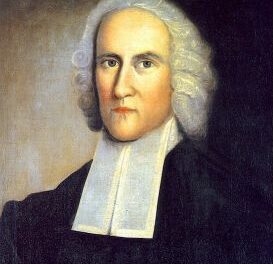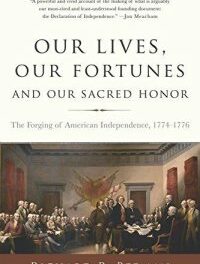We support our Publishers and Content Creators. You can view this story on their website by CLICKING HERE.
If we are faithful to God in small things, and offer our lives and all our actions more and more to the service of his divine will, he can and will accomplish untold good through our lives.
 One of my favorite prayers by Saint John Henry Newman begins: “God has created me to do Him some definite service.” In that prayer, part of a larger meditation entitled “Hope in God—Creator,” Newman couches all that we do within the context of God’s providential guidance. In words reminiscent of the first paragraph of the Catechism, Newman begins his meditation by observing:
One of my favorite prayers by Saint John Henry Newman begins: “God has created me to do Him some definite service.” In that prayer, part of a larger meditation entitled “Hope in God—Creator,” Newman couches all that we do within the context of God’s providential guidance. In words reminiscent of the first paragraph of the Catechism, Newman begins his meditation by observing:
God was all-complete, all-blessed in Himself; but it was His will to create a world for His glory. He is Almighty, and might have done all things Himself, but it has been His will to bring about His purposes by the beings He has created.
This fact—that God accomplishes his purposes through his creatures—is easy to recognize in the great figures of salvation history: Adam and Eve received the mission to populate the world; the promise of salvation came through the covenant with Abraham; through the Blessed Virgin Mary, God gave the world his only-begotten Son. Throughout history, God freely chose to involve his creatures in his work of creation, redemption, and sanctification. Salvation is God’s work, but it is accomplished in, with, and through the actions of human beings.
This is still true today. God continues to accomplish his providential plan for the salvation of the human race in and through the actions of human instruments—including you and me. This should be immensely gratifying to us, but it should also make us tremble. Our actions really do contribute to the salvation of other people. Think of the priest who baptizes a baby; think of the person who introduces a friend to the Catholic faith; think of spouses who work out their salvation in and through their shared life. Newman writes: “I have a place in God’s counsels, in God’s world, which no one else has.” In other words, our actions really matter, in the scheme of God’s plan.
How does this work? God’s plan is to sanctify the world, and we cannot sanctify by our own powers: only God can make someone holy. That’s why the salvation of people is not something accomplished directly by us, but rather it belongs to Christ acting in us (cf. Gal 2:20) and the Holy Spirit acting through us (cf. Acts 1:8). Always, it is good to remember: “God is at work in you, both to will and to work for his good pleasure” (Phil 2:13). God is the one who is accomplishing salvation, and yet he chooses to do it in and through the good we do.
At the same time, even though we can know that God somehow uses our actions to bring about the salvation of people, this does not mean that we know exactly how God will use them. As Newman explains, “I have my mission—I never may know it in this life, but I shall be told it in the next.” Often, it’s only in retrospect that we can see what God was doing in the things we did and suffered. The reason why God doesn’t tell us how he’s accomplishing his will in us, is because we might try to help him do it better. He knows best what we need, and what others around us need. “He knows what he is about.”
So, how do we know that we are cooperating with God’s providence? We can use the words of the prophet Micah as a test:
What does the Lord require of you
but to do justice, and to love kindness,
and to walk humbly with your God? (Mic 6:8)
And, as Newman expresses the same point: “I shall do good, I shall do His work… if I do but keep His commandments and serve Him in my calling.”
If we are faithful to God in small things, and offer our lives and all our actions more and more to the service of his divine will, he can and will accomplish untold good through our lives. Day-to-day faithfulness, humility, charity. These are the conduits through which God’s providence saves the world, one soul at a time, one day at a time, through me, and through you.
✠
Republished with gracious permission from Dominicana (October 2024).
The Imaginative Conservative applies the principle of appreciation to the discussion of culture and politics—we approach dialogue with magnanimity rather than with mere civility. Will you help us remain a refreshing oasis in the increasingly contentious arena of modern discourse? Please consider donating now.
Photo by Fr. Lawrence Lew, O.P. (used with permission)
Share This Story, Choose Your Platform!
Go to Top

 Conservative
Conservative  Search
Search Trending
Trending Current News
Current News 






